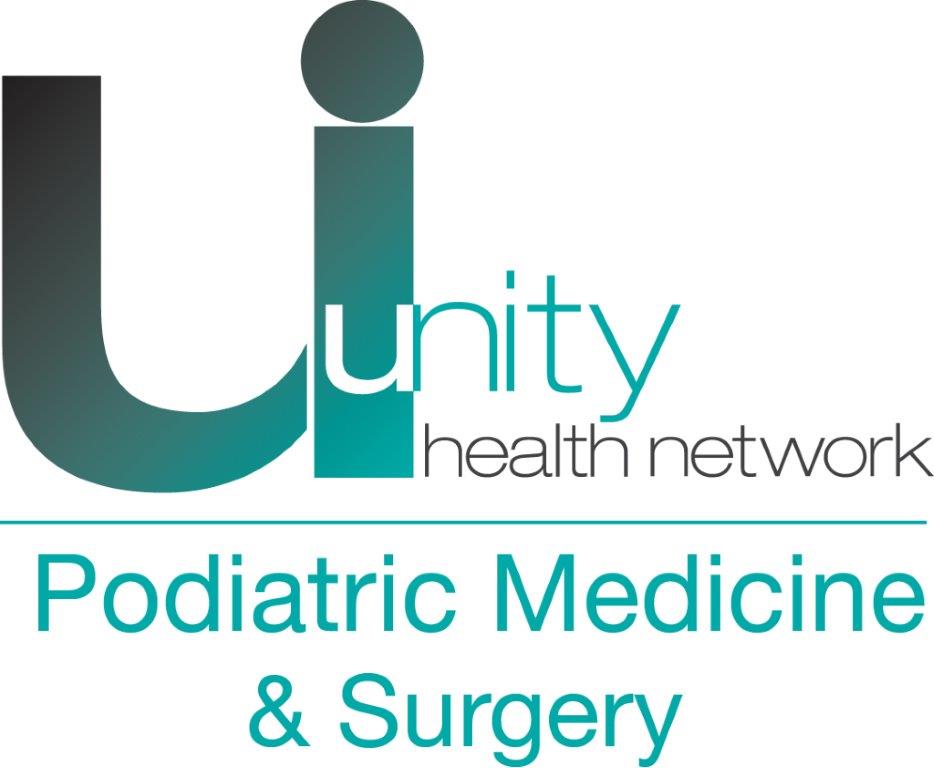Minimally Invasive Bunion Surgery

Why choose Minimally Invasive Surgery for Your Bunion?
Choosing Dr. Nicholas Campitelli to perform your bunion surgery brings confidence as he is not only a skilled surgeon in this technique, he is also an instructor to surgeons globally.
Dr. Nicholas Campitelli is excited to bring minimally invasive bunion surgery to the Akron and Cleveland area. He is one of the first surgeons in the area to begin offering this less invasive procedure to patients with bunions which allows for a much faster recovery, but more importantly brings better correction, less big toe stiffness, and more predictable results. Dr. Campitelli has been performing the traditional open bunion surgery for more than 16 years and now has seen incredible results since introducing minimally invasive bunion surgery to his patients. Dr. Campitelli teaches the Minimally Invasive Bunion Surgery technique to surgeons who want to learn this procedure at Arthrex Headquarters in Naples, FL.
What is a bunion?
Bunions are often described as a bump on the side of the big toe. But a bunion is more than that. The visible bump actually reflects changes in the bony framework of the front part of the foot. With a bunion, the big toe leans toward the second toe, rather than pointing straight ahead. This throws the bones out of alignment producing the bunion’s bump. The condition is hereditary and typically progresses in severity with age.

No Scar
Minimally invasive bunion involves a small stab incision on the inside of the foot where a tiny burr is used to cut the metatarsal bone to realign the head of the joint. This technique uses several steps which places the toe in a straight position, reduces the bump, and realigns the joint all without making a single incision into the joint capsule. Eliminating an incision to the joint capsule prevents the irreversible scarring that is present with traditional bunion surgery. The bone cut is then fixated with two small screws that are inserted through tiny stab incisions as well. These screws will not need to be removed unless they become irritated which is rare as they are buried within the bone. The final result only requires three tiny stitches and leaves no scarring.

How does the procedure Work?
Dr. Campitelli performs the minimally invasive bunion procedure with the Arthrex MIS platform. The Arthrex MIS platform allows surgeons to perform minimally invasive bunion surgery with equivalent results to traditional open procedures.1
Reference
1. Brogan K, Lindisfarne E, Akehurst H, Farook U, Shrier W, Palmer S. Minimally invasive and open distal chevron osteotomy for mild to moderate hallux valgus. Foot Ankle Int. 2016;37(11):1197-1204. doi:10.1177/1071100716656440
How does it work?
Range of motion at 10 days
Better Correction. Faster Recovery
Traditional bunion surgery involves a long incision over the big toe joint where the surgeon then opens the joint and cuts the bone to realign it. This causes significant scarring which results in joint stiffness that can take months of physical therapy to improve. More severe bunion deformities require the correction to be performed in the midfoot by a procedure known as a lapidus bunionectomy. This requires a much longer recovery and brings with it significant swelling and joint stiffness as well.
With Minimally invasive bunion surgery, the bone is still cut and repositioned, but the joint itself is not disrupted. By not surgically opening the joint to the toe, the integrity and stability of the joint is not compromised leading to less scarring and increased mobility after surgery. The allows for better correction and the ability to make the toe straighter and appear normal again. The technique is extremely reproducible when compared to the traditional method of open bunion surgery.
Sutures are typically removed in 10 days as opposed to 3 weeks with traditional bunion surgery. Patients can usually shower and get wet after 10 days as well.

Can my bunion be fixed this way?
More than likely the answer is yes. X-rays will be performed at your office visit and Dr. Campitelli can determine if your bunion can be corrected with this minimally invasive technique. The majority of bunion deformities can be corrected minimally invasive. Since Dr. Campitelli has begun performing this surgery he has been able to correct severe bunions that would traditionally require a Lapidus type procedure which requires a much longer recovery period.
Experience. Expertise. Confidence
Dr. Campitelli is excited to bring this technique to the Akron and Cleveland area. He worked closely with Arthrex to refine his ability to perform this procedure at their headquarters in Naples, FL as well as the local surgical facility in Hudson Ohio and confidently introduced it to his practice over the past three years. For the past year, Dr. Campitelli has served as a surgical instructor to teach Minimally Invasive Bunion Surgery to surgeons at Arthrex Headquarters.
Dr. Campitelli welcomes patients from all geographical areas to have this procedure performed. Please call our office to make arrangements even if you are not local and we will work with coordinating a consultation.


























































